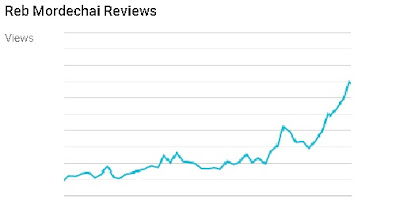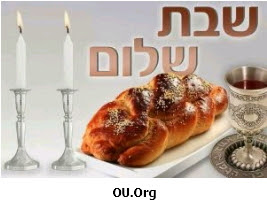A Purim Message of HaKoros HaTov and Appreciation
A Purim Message of HaKoros
HaTov and Appreciation
This year I have seen an explosion of interest in my Kosher
Whisky blog and whisky articles. I once asked a couple of professional writers for
some feedback on my blog. They both independently told me that if I wanted to
increase readership then I should cut my reviews and articles down to at the
most a single page, as my entries were simply far too long and no one (in their
opinion), would be bothered to read them.
Well, despite being excellent advice, I just couldn’t take
it and instead continued in the style of writing which I enjoyed, that is, long
and detailed articles / reviews. It’s been ten long years and suddenly, I see hundreds of people are reading my articles and commenting, whether in private emails or in
the comments section.
So, I wanted to use this opportunity to thank everyone who,
not only reads my articles but also have taken the time to send me your positive
comments, thoughts, feedback and opinions. I really do appreciate it.
 |
| Rabbi Zecharia Wallenstein |
As Rav Zecharia Wallerstein said in a shiur on
Purim recently, not many people grasp the point that, at least in some
sense, we actually owe the survival of the Jewish people to the fact that the
evil Achachveirosh kept a Sefer Zichronos (a book of Records of
Reminders). The Midrash explains that every day, the King would enter into this
book, every favour or good deed someone did for him. This would remind him to
thank these people at the appropriate time.
Without this act, the King would not have remembered that Mordechai
had saved his life and still needed rewarding. This then set off a chain
reaction which led to the tables being turned and Haman and his sons being
hanged instead of the Jewish people being destroyed. That we can learn such an
important message even from a Rasha, is truly amazing.
Not only this, but Rav Wallenstein explains that
Achachveriosh only knew about Mordechai through Esther. Mordechai had told
Esther to warn the king of a plot to assassinate him and Esther had not only re-laid
that message but said it in the name of Mordechai, giving him full credit. So,
we learn from this that we should always try to credit someone’s else’s Devar
Torah, idea or work when using it ourselves.
Something else which Rav Wallenstein mentioned was that the
Midrash mentions that the banquet to which everyone was invited to, was so
lavish with no expenses spared, that the King gave as a present to everyone
there, his or her own individually chosen bottle of wine. If the person was 27 years old, then they
would receive an aged wine of 27 years. If the person was 57 years old, then
that person would receive aged wine of 57 years, and so on.
 |
| Copyright Free Stock Photos |
This matching the wine to the age of the person reminded me of a family minhag (tradition) of a friend of mine from my previous Shul, which he related to me once, and which I found most profound. Perhaps this Midrash might well be the source of this minhag?
David’s minhag was: Never give a whisky to someone who was younger than
the age of the maturation of that bottle. For instance, don’t give a
20-Year-Old Single Malt to an 18-year-old person.
The idea seems to be based on obvious and basic common
sense. A person who is younger than the whisky before him or her, would probably
not have the maturity to fully appreciate it. Perhaps they would not have the
patience to give it the amount of time needed to get the most from, what is probably
a very expensive bottle. The older a whisky gets, often the more finicky it
gets. Perhaps it would train a person to give Single Malt Whisky the respect it
deserves and not to knock it back like an uncouth person would say, vodka or
gin.
This leads me very nicely into the last point I wish to
make:
A Word on the Halacha of When Purim falls
on Erev Shabbos
This year, when Purim (outside of Yerushalayim)
falls on Friday, i.e., Erev Shabbos, means that we have to eat the Seuda
(festive meal) extra early in the day (and perhaps not eat as much as we would
usually eat), so as not to go into Shabbos on a full stomach, which
would lead to not giving Shabbos Kodesh and its Seudos the proper
respect they deserve. [See Meseches Pesachim Perek Yud].
Moreover, the Rabbonim teach us that even though we
are usually given the ishur (permission) to drink “a bit more” (ahem) on
Purim, when Purim falls of Erev Shabbos however, we should
cut our alcohol consumption down to the bare minimum to help generate simcha,
so as not to go into Shabbos tipsy or even, Chas VeShalom, Shikor
(drunk) and neglect the many preparations for Shabbos as well as (for the
same reason we should not eat as much on the Purim Seuda as we usually
eat), we should certainly not drink so much that it takes kavod away from the Simcha
of Shabbos.
The message we can learn from this is, (as Ralfy Mitchel from
Ralfy.com always says), “keep it quality and NOT quantity”.
Purim Samayach and Shabbat Shalom



Comments
Post a Comment
--------------------------------------------------------------------------------
Please enter your comment above this line, and then click on the PUBLISH button (on the far right hand side).